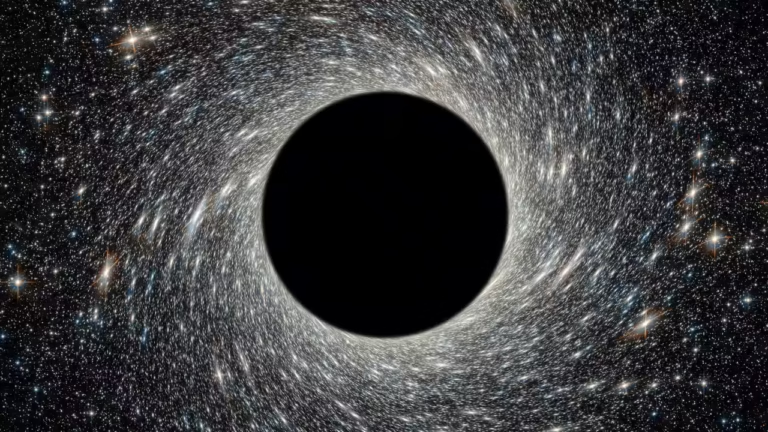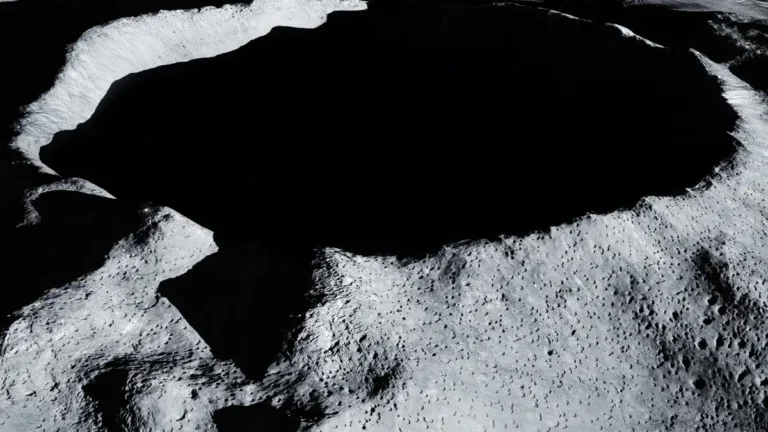
A satellite manufactured by Boeing for the communications giant Intelsat, known as Intelsat 33e, has exploded in geostationary orbit, creating a significant amount of space debris. Launched in 2016, the satellite was part of Boeing’s 702 series, intended to bolster communication networks across Europe, Asia, and Africa. However, this week, what was once a pivotal piece of space infrastructure turned into a cloud of space junk.
The incident was first reported after Intelsat detected an anomaly on October 19, which soon led to the satellite’s total loss. The U.S. Space Force has confirmed they are tracking “around 20 associated pieces” of debris, although independent space tracking firm ExoAnalytic Solutions has identified 57 pieces, suggesting the actual number could be higher. Russia’s Roscosmos has reported tracking more than 80 fragments, indicating the explosion was high-energy and instantaneous.
This explosion not only represents a considerable financial setback for Intelsat and an insurance headache since the satellite was reportedly uninsured, but it also adds to the growing concern over space debris. Space environmentalists and scientists have long warned about the cascade effect known as Kessler Syndrome, where one collision in space generates debris that increases the likelihood of further collisions, potentially rendering some orbits unusable.
The issue of space trash is now more pertinent than ever:
- Environmental Impact: The explosion contributes to the already critical levels of space debris, which poses risks to operational satellites, the International Space Station, and future space missions. This incident underscores the need for better end-of-life planning for satellites, including de-orbiting strategies.
- Regulation and Responsibility: There’s increasing pressure on space-faring nations and companies to adopt more stringent regulations regarding the mitigation of space debris. The responsibility of manufacturers like Boeing and operators like Intelsat to ensure their satellites do not end up as space litter is being scrutinized.
- Technological Solutions: This event might accelerate the development and deployment of technologies designed to clean up space debris or extend the operational life of satellites to prevent such occurrences.
- International Cooperation: Given the transboundary nature of space debris, this incident might foster greater international cooperation for space traffic management, akin to air traffic control but for space.
Boeing, already navigating through a turbulent period with significant financial losses and other technical failures, has yet to comment in detail on this incident beyond acknowledging the event and cooperating with the investigation. The explosion of Intelsat 33e serves as a stark reminder of the fragility of space assets and the urgent need for sustainable space practices.





